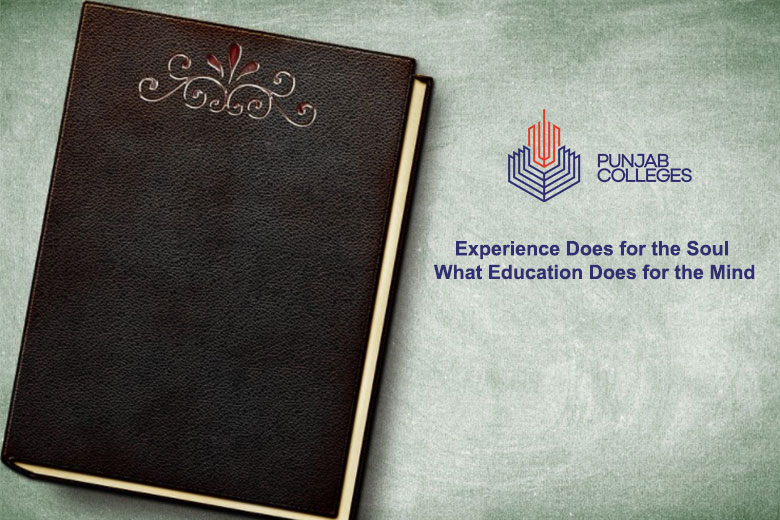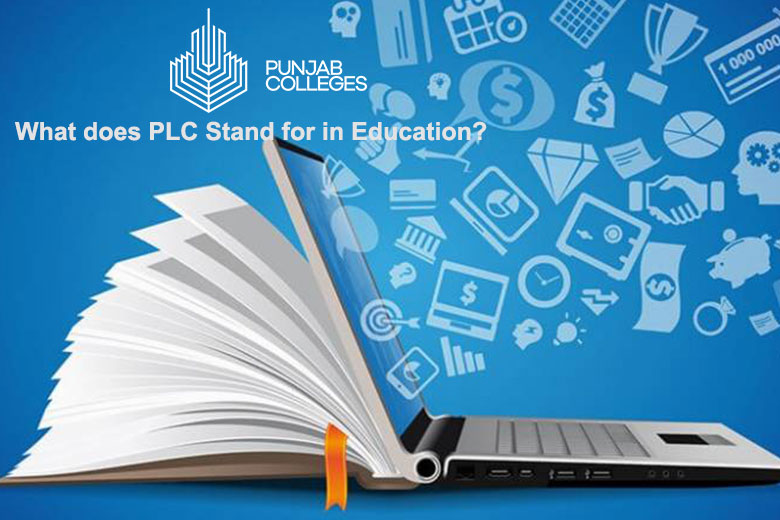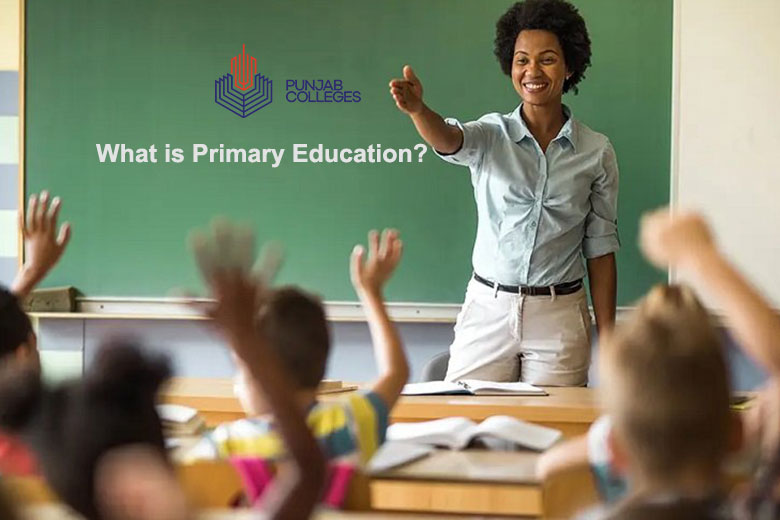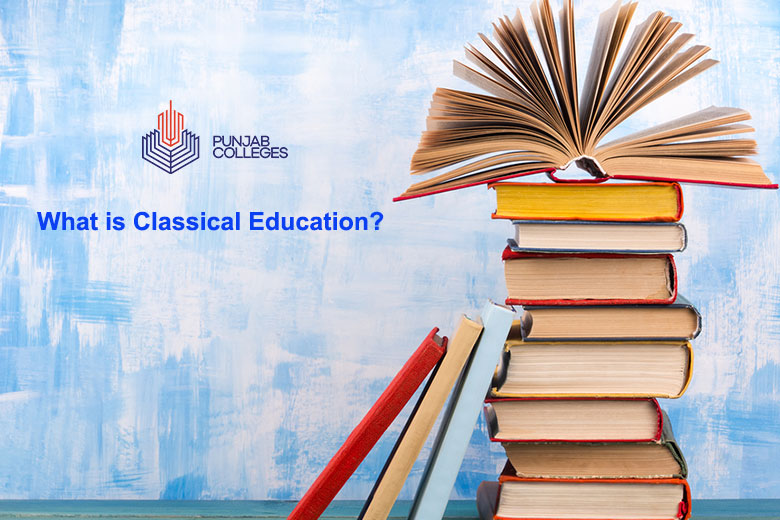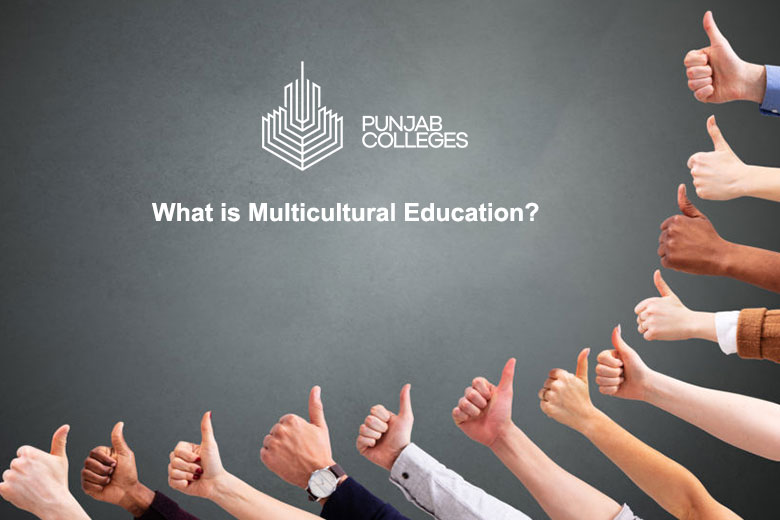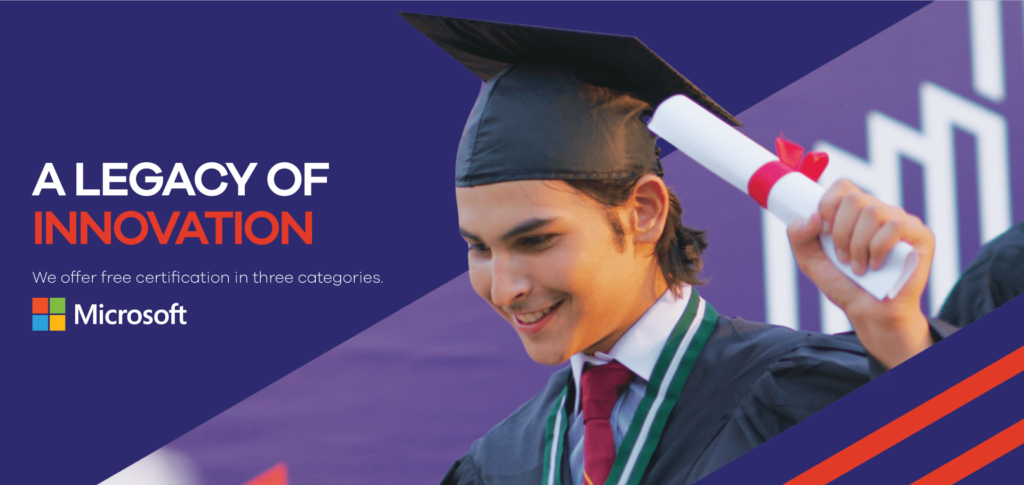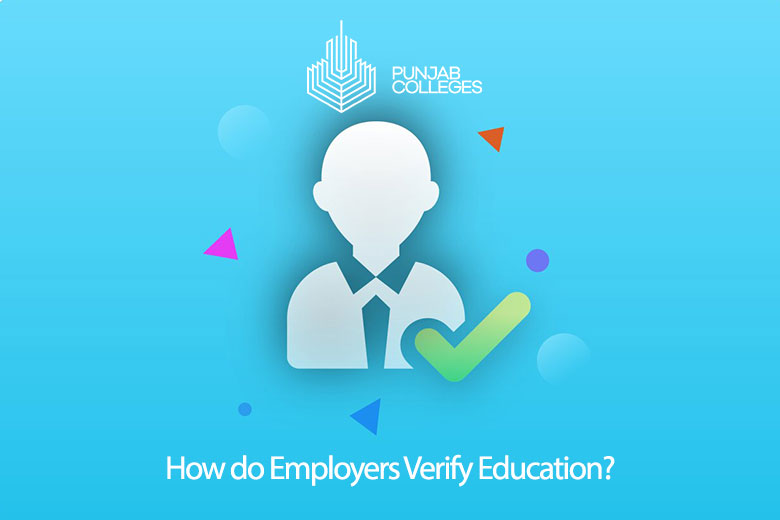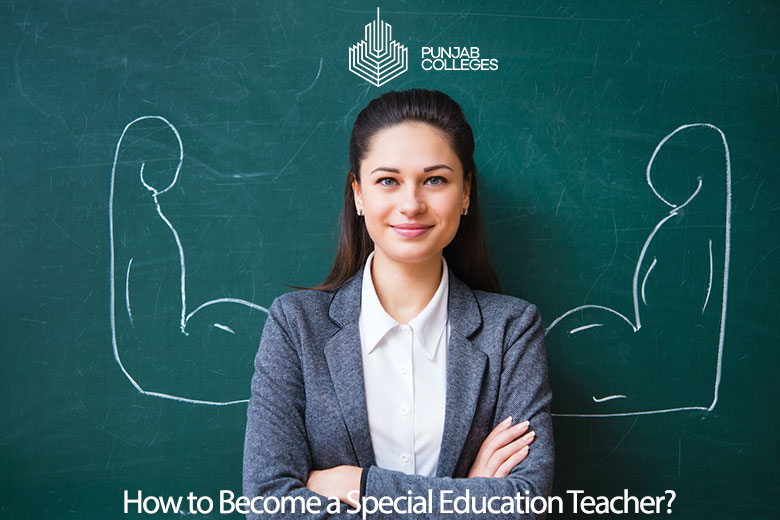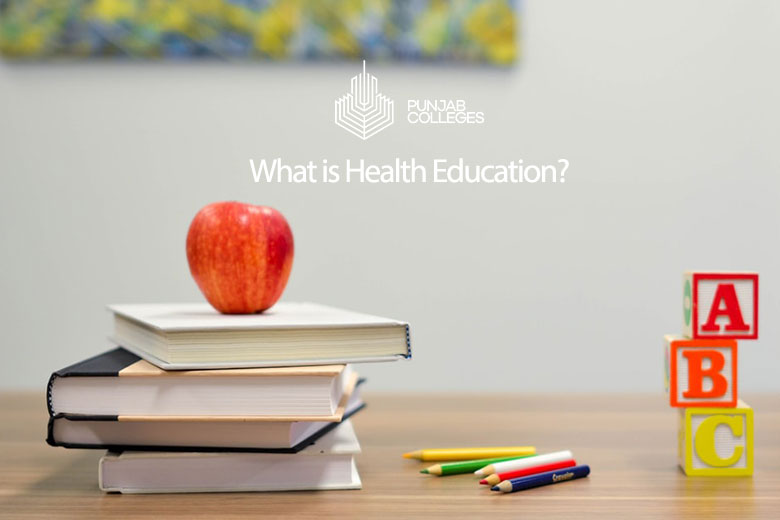What is a Philosophy of Education in simple words?
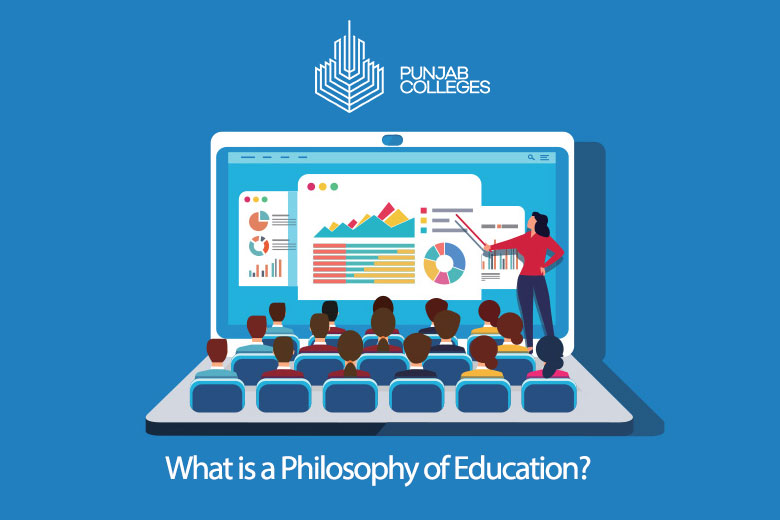
Educational philosophy is a discipline that works in conjunction with other sciences such as sociology, politics, law, and pedagogy. That brings a benefit to education and helps to determine the essence and meaning of education for philosophy of education.
The philosophy of education tries to understand or interpret education about reality. Without losing the point of view of this reality, it reflects on its nature, essence, and values of education. The philosophy of education aims to determine the essence and meaning of education.
If we stopped considering them, we would lose our mortality. The humanities are fundamental to democracy. Philosophy provides critical thinking tools that help question tradition and authority.
In this context, the Philosophy of Education can be defined as the approach to the world of educational phenomena from a philosophical perspective. Therefore, it falls within the scope of practical philosophy as it constitutes knowledge of action, for action, and from the action.
What is your philosophy of education?
The question, what is a philosophy of education? is the question that many people ask, but this article will also let you think about what is your philosophy of education?
Thinking and talking about the philosophy of education implies reflecting on the essence. The finality, existence, meaning, possibilities, and limits of Education. The philosophy of education is and historical-social par excellence. It requires two fundamental conditions: philosophy and education. Philosophy has as its central axis man and his problems. For its part, education has its fundamental edge.
Hence, one of the main problems of the philosophy of education is that of determining its location among the philosophical sciences. In this sense, this work aims to fulfill a triple purpose. The first is to analyze the place that the philosophy of education occupies among the sciences philosophical to determine its epistemological status. And, by extension, to specify the epistemological status of educational sciences.
It is intended to establish the object and nature of the philosophy of education. Also it reviews the relationship between theory and praxis. The second is to reflect on the functions of the philosophy of education to determine your priority tasks.
And, the third, propose of new approach is to understand the philosophy of education. It is to formulate the main challenges. The approach to the three questions revolves around a central problem: the man, without the which would be impossible any educational reflection. The development of each of the mentioned topics is presented below.
How do you write a Philosophy of education?
Location of the Philosophy of Education among the philosophical sciences. Before proceeding with the development of this section. It is essential to present a brief conceptual approach to what is understood by the Philosophy of Education. To the Regarding, in a simple and personal way, it could be stated that it is a discipline charged with critically reflecting on education. Its objective, its function, its task, and their problem; is also concerned with analyzing and understanding language of education. For rethinking the evaluation criteria, for revising the principles, values, and ideologies that surround the educational fact. And finally, it is concerned with rationally determining the diverse contents inherent to education, its means and contexts.
The established leads to consider that the philosophy of education is a global and comprehensive knowledge. That bases and gives life to the educational reality taking it as the main reference to being human.
Studies in philosophy and education:
Tasks of the Philosophy of Education from the functions described, a set of tasks that must be fulfilled by the philosophy of education, one of them is to rethink the educational task in its complexity to reformulate the different educational processes that surround human reality.
The tasks of the philosophy of education can be derived from seven great levels:
➢ From the educational what and what for to show the educational structure intrinsic and extrinsic of man. The what (the human structure that is configured as a consequence of a set of educational acts) and what for (a project of what we want to be). Insofar as the backbone of philosophy, of education, and consequently of the philosophy of education is to be human. Without him none of the disciplines could exist.
➢ From the analysis of pedagogical language to reflect on the meaning, and signifier of the linguistic signs used in the activity educational.
➢ From the context in which the educational act takes place to redirect the analysis of sociological knowledge of this type. It is to understand the relationships between knowledge, power, and society.
➢ From the historical reality to build a philosophy of the history of the education that allows us to understand human temporality and the very meaning of historicity considering objective-sensory praxis as the main referent of human action.
➢ The contents are generated to explain the general meaning of the process of educational and orthopraxis of the agents of educational activity.
➢ From the methodologies to guarantee the veracity of pedagogical theories, discarding errors, and determining the methodological criteria that validate each of the sciences in charge of education.
➢ From the results obtained to evaluate, rectify and reconsider the education itself. The various pedagogies, and the various forms of organization and institutionalization of it. Or consider what values require the realm of philosophical thought. That is not in opposition to scientifically valid facts. It is thus another of the tasks of the philosophy of education is to establish the aims, purposes, and values. That give meaning to the educational fact and to the disciplines that are in charge of it.
The importance of philosophy:
Philosophy is the love of wisdom, as understood by the ancient Greeks, who wondered about such fundamental matters as existence, knowledge, truth, or morals. Universal issues are so primordial that concern the human being. From its base as being aware of its existence in the world. This love for wisdom was the first step that contributed the first notions of knowledge to the Western world. That today represent the basis of Science, as we know it today.
What is a philosophy of education?
From the philosophy of education, the mission of this approach is to understand, interpret, judge the educational reality.
Approach to understand the philosophy of education. The understanding of the philosophy of education can be directed from seven fundamental approaches. The critical approach, which enhances the understanding of a situated education in its historical and socio-cultural context. To orient itself from there to what the process should be educational.
The phenomenological approach, from the philosophy of education in this approach. It is considered as a starting point for the educational data. This approach is characterized by presenting the description of the reality of education. To later reach the point or what is essential.
The educational fact from which it starts contains the processes of the experience external and internal experience processes. The first approach to educational data considers all his grades. The same as later through critical and conscious analysis. They are classified into essential notes and notes accidental.
The final process concludes with the generalization of the essential notes of the educational fact, object of analysis. The philosophy of education takes into account objectively education and direct influences from society.
Considering the purpose of education, the nature of the subject and knowledge allows to determine the validity of an educational theory or its justification. It establishes the validity of educational facts. And determines the reliability of the argumentation arising from the educational activities and the context concrete social.
Pragmatist approach, from pragmatism, the philosophy of education seeks the consequences of thought, places efficiency as a criterion of truth. It considers that the end of education is the socialization of the individual and the transfer of the set of cultural manifestations to the new generations.
It is an active education that enhances critical thinking and promotes learning by doing with what promotes learning for life. In this sense, the educational institution is the instrument through which individual and social continuity of life is promoted. It provides the necessary tools so that the subject can reconstruct their existence.
Hence, the educational institution from this pragmatist approach should fulfill its triple function: informative, formative, and transformative. This approach promotes the need to value the specific subject of education. Fostering social praxis, and considers individual and social transformation as the ultimate goal of education.
For this approach, education is a changing reality. Where education contradiction is what drives the educational process. It holds that consciousness, the way of thinking, and the way of feeling of the human being depends on the social-historical context and the same nature. It is concerned with establishing mechanisms to achieve dignity and social justice.
What is education for?
After knowing about, what is a philosophy of education? We will now dig into the meaning of education and what is education for?
Education is necessary in every way for the promotion of science, technology, and innovation. Education has always been important for development, but it has acquired greater relevance in today’s world. That is experiencing profound transformations, motivated in part by the vertiginous advance of science and information technologies.
World experience shows the existence of a close correlation between the level of development of countries. In its broad sense, with the strength of their educational and scientific, and technological research systems.
It is a social good that makes human beings freer. Education is a multidirectional process of cultural transfer that we use to transmit a series of values and knowledge, which facilitates personal enrichment and helps to interact with the outside world. Education can be structured into formal, non-formal, and informal education.
Through higher education, a country builds a skilled workforce and strengthens the capacity to generate knowledge and innovation. Which in turn boosts productivity and economic growth. A good education directly affects the improvement of income prospects.
Functions of the philosophy of education:
There are multiple functions of the philosophy of education but of all the existing ones, has seen fit to select the following:
This function affirms the need to formulate a critical, reflective, and purposeful analysis of educational theory. That shows one of the fundamental interests of the philosophy of Education. To fulfill this function, it is assisted by the tools that provide the philosophy of language that allows the construct to be consistently established. Theoretically that guides the understanding of the educational fact.
This function is the fundamental condition of the very origin of the philosophy of education. There can be no philosophy of education without proper understanding and interpretation of the educational phenomenon. Understood in all its magnitude and with all its implications socio-historical, political, and economic contextual.
Conclusion:
The foundations have been laid to rethink the philosophy of education. Beyond the philosophical dilemma between the problem of being and acting as problems fundamentals. That support the location of this discipline among the philosophical sciences.
Essential features have been established that show the need to incorporate more for the clarification of the role to be played by the calls educational sciences to strengthen their epistemological capacity and to integrate knowledge fragmented they are producing.
It has been determined that a fundamental task of the philosophy of education is to seek the integration of knowledge. Being the philosophy of education a relatively new science has a notable impact within the educational field. In addition, it is a knowledge interdisciplinary, globalizing and comprehensive.
It has been considered that it is the task of the educational philosopher to assume new forms of think about education. Discover learning and new ways of educating based on the individuality of each subject. For this one must be guided by any of the models proposed or trying to act eclectically based on the intended results reach.
The philosophy of education should provide fundamental theoretical constructs that allow the demystification of science considered as the only possible knowledge. Also it should establish new mechanisms to educate for transcendence as a dimension fundamental historical-social and existential.
Five approaches have been proposed from which the meaning can be fully understood same as the philosophy of education and its interdisciplinary. It has been specified that the philosophy of education sets itself some important challenges. One of them is to understand the human being in all its complexity.
In short, the philosophy of education has some functions to fulfil some tasks to fulfill. execute and many challenges to face. The challenges for the philosophy of education are raised but the decision to assuming them is a matter of a personal nature.



